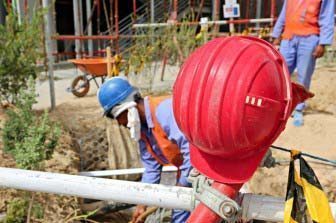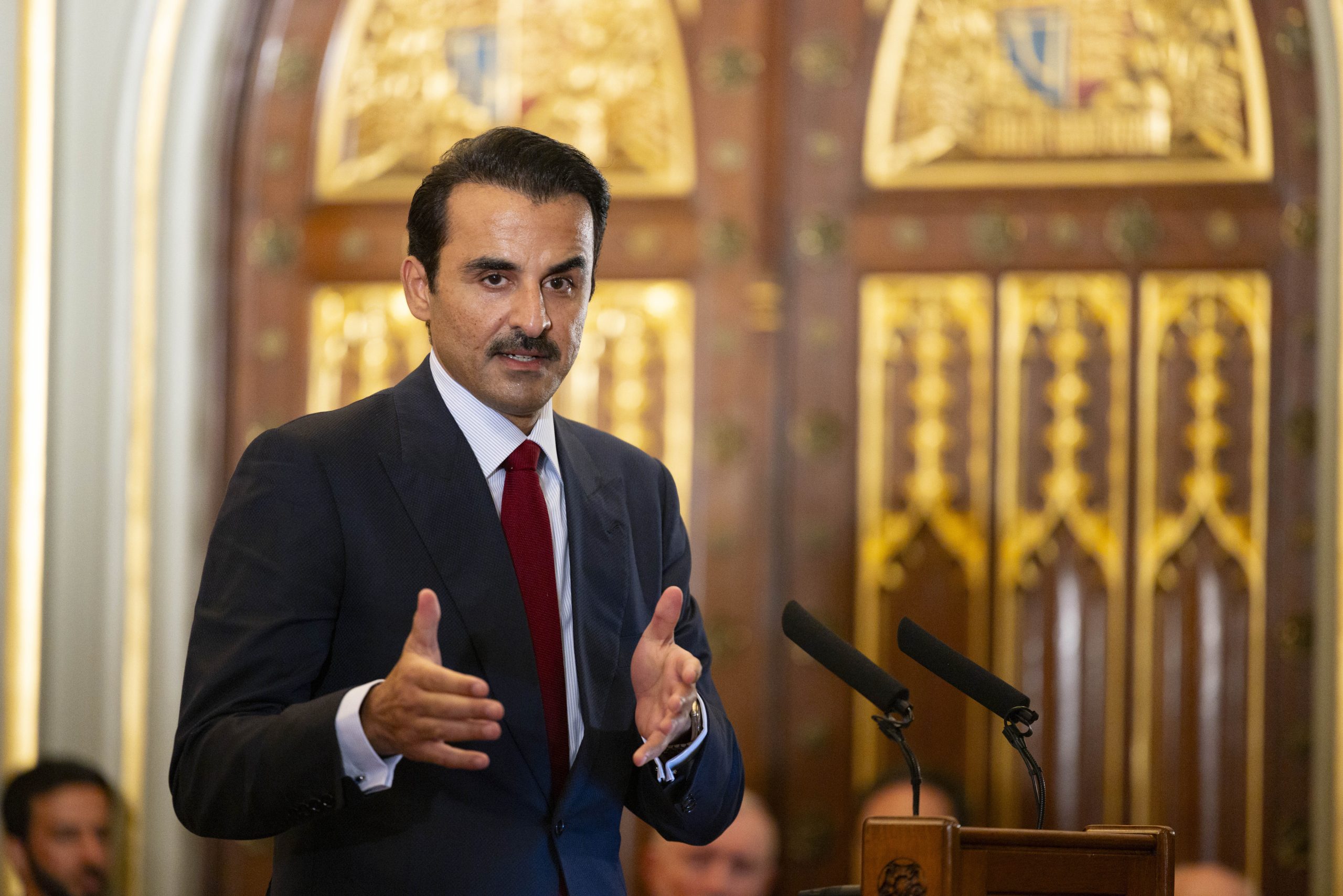
Moving forward with its pledge to ensure workers in Qatar are paid on time, the nation’s Cabinet has approved a draft law that would require employers to pay wages directly into an employee’s bank account.
In its regular weekly meeting yesterday, the Cabinet approved a number of changes in the Labor Law No. 14 of 2004, including the introduction of the Wage Protection Scheme. The session was presided over by Ahmed bin Abdullah Al-Mahmoud, deputy prime minister and minister of state for cabinet affairs.
According to state news agency QNA, salaried workers who are hired on an annual or monthly basis must be paid their wages by direct deposit every month.
All other workers – including those on an hourly rate – must have their wages paid by electronic bank transfer at least every two weeks.

Not being paid on time or at all by their employers are among the top complaints of workers in Qatar. Electronic salary transfers are one way the nation can tackle these abuses, and human rights’ organizations have been urging Qatar to adopt it.
In a report issued earlier this year, NGO Engineers Against Poverty‘s research team leader Jill Wells said:
“Non-payment and late payment of wages is one of the biggest concerns to migrant workers. It is also a potential source of disruption and delay to projects, and therefore a major risk to government clients and their project management consultants.”
The new legislation is now being referred to the Advisory Council for approval, and then needs the Emir’s signature to be passed into law. Once this happens, all companies and organizations – government, semi-government and private – would be expected to comply.
QNA added that more detailed regulations to protect workers’ wages would later be announced later by the Minister of Labor and Social Affairs, Abdullah bin Saleh al Khulaifi.
It is expected that employers who do not comply with the proposed new legislation would be penalized, although the level of fines to be imposed has yet to be announced.
Scheme details
The new payment system, which would bring Qatar in line with the UAE in terms of protection of workers’ wages, was first discussed by the Deputy Prime Minister at the end of April.
At that time, he announced that the Cabinet was considering introducing the scheme as part of a number of revisions to articles 1, 66 and 145 of the Labor Law of 2004.
In particular, the draft would revise Article 66, which states that employees can be paid in cash and in person, and that salaries can be transferred to bank accounts only by “mutual consent.”

The new system would be created and handled by Qatar Central Bank, and supported by the Ministry of Interior and the Ministry of Labor and Social Affairs (MOLSA) – the government department responsible for overseeing the recruitment of all non-domestic workers to Qatar.
Financial institutions and companies are also expected to play a role.
MOLSA and the Ministry of Interior would also collaborate to develop a database to track payments, and companies have already been asked by the labor ministry to provide salary details of all their employees.
A timeline for the new system has not yet been announced, but authorities previously said it would be rolled out in three phases.
The first phase would affect the largest companies, with more than 500 employees. The requirement would then be rolled out to firms with 100 to 500 workers, while SMEs with fewer than 100 employees are expected to be included in the final stage.
Kafala changes
Last year, Qatar commissioned UK law firm DLA Piper to investigate media reports about labor abuses here. The electronic wage payment system was among the many recommendations in the 139-page report, “Migrant labour in the construction sector in the State of Qatar.”
The wage payment change is part of a larger reform that Qatar has pledged to make of its restrictive kafala sponsorship system. In May, the government announced it was considering a number of changes, including making it easier for expats to switch jobs and leave the country.
However, the proposed changes met with significant criticism from expats and international groups, who felt the potential changes didn’t go far enough. At the same time, many prominent Qatari business owners expressed concern that the proposals were too radical.
Thoughts?







